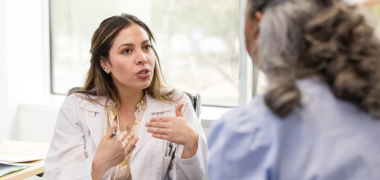
This role has a high level of AI exposure. While some human skills are required, many tasks could be automated or replaced by new technology.
Explore all careersA Clinical Research Associate monitors clinical trials for compliance, coordinates with sites, and ensures accurate data collection and reporting.
Get qualified to work as a Clinical Research Associate with a course recognised across Australia. Speak to a training provider to learn more.





Browse occupations related to Clinical Research Associate



If you are looking to advance your career in the healthcare sector, exploring the range of Clinical Research Associate courses in Hobart is an excellent choice. With three comprehensive programs available, including the Bachelor of Nursing, the Bachelor of Health Science, and the Bachelor of Biomedical Science, you can acquire the advanced skills needed for this dynamic field. These courses are designed for experienced learners, ensuring that you build upon your existing qualifications and knowledge, preparing you for the challenging yet rewarding roles in clinical research. To learn more about these courses, visit the Clinical Research Associate courses in Hobart page.
The Clinical Research Associate role is closely linked to various other key job functions in the healthcare industry. As you embark on your journey, you may find interest in related career paths such as a Medical Laboratory Technician, Pathology Assistant, or even a Clinical Research Coordinator. Each of these roles plays a vital part in the healthcare system and offers unique opportunities for career development. For those who aspire to make a difference, pursuing Clinical Research Associate courses in Hobart can be a significant step towards success in these rewarding fields.
In addition to specific training, the Clinical Research Associate role intersects with core areas of study such as Healthcare courses and Pathology. These interconnected fields provide a strong foundation for understanding the complexities of research and its application in real-world scenarios. By choosing to study Clinical Research Associate courses in Hobart, you not only enhance your expertise but also open doors to advanced career opportunities as a Medical Laboratory Scientist or Medical Researcher. The vibrant healthcare landscape in Hobart offers ample prospects to grow and excel—take the first step today!